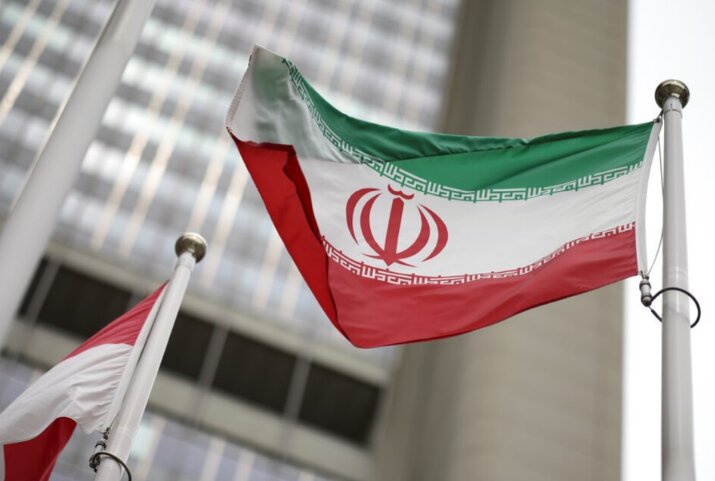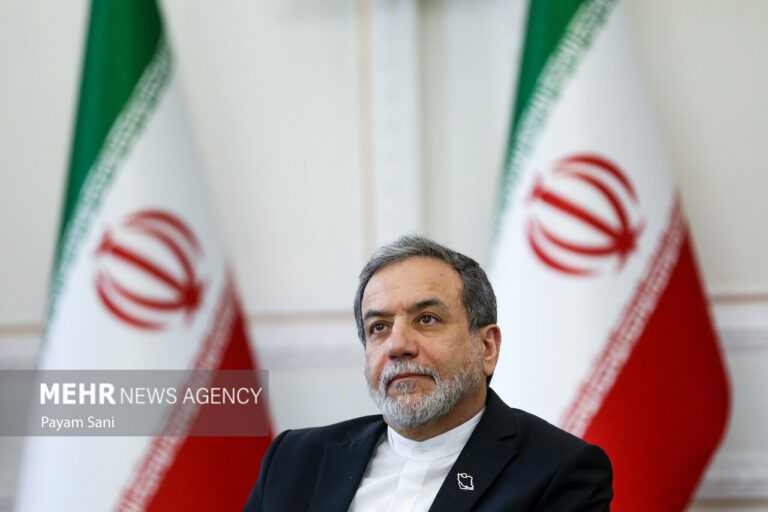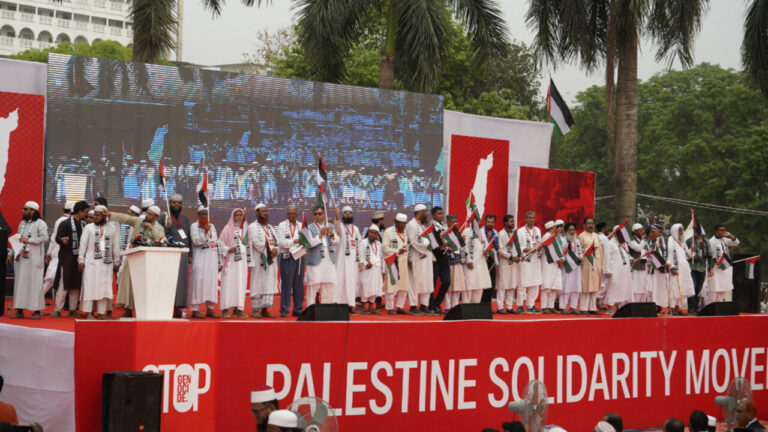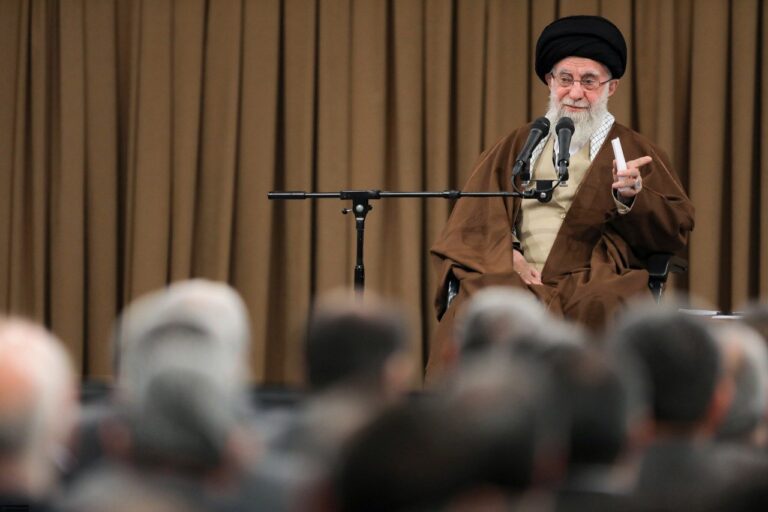Iran Vows to Hold Israel Responsible for Embassy Attack: A Rising Tension in Middle East Relations
In a powerful statement commemorating the anniversary of the Israeli assault, the Iranian Foreign Ministry has reiterated its commitment to honoring the martyrs and condemned ongoing acts of aggression. This reflection serves as a reminder that such crimes, particularly those perpetrated by Israel against Iran and other nations in the region, will not be forgotten.
On April 1, 2024, the Iranian Foreign Ministry issued a statement regarding the attack on its embassy in Damascus, highlighting the serious implications of this incident. The assault, characterized by the ministry as a blatant violation of international law, resulted in numerous casualties among Iranian military advisers and Syrian citizens. Here are the key points from the statement:
- The Israeli regime’s actions were condemned as a direct violation of fundamental principles of international law.
- The attack caused the deaths and injuries of several Iranian citizens and Syrian nationals.
- The ministry criticized the United Nations Security Council for its inaction, attributing it to the “destructive” influence of the United States.
- Iran’s military response, termed “Operation True Promise I,” was framed as a necessary act of self-defense against Israeli aggression.
- Western powers were held accountable for their support of Israel, which is seen as facilitating ongoing violations.
The statement from the Iranian Foreign Ministry emphasized that the fallout from the April 1 attack resonates deeply, asserting that the time would not diminish the significance of these events. It underlined the necessity for accountability and justice in the face of such aggression, reinforcing Iran’s stance on protecting its sovereignty and the safety of its citizens.
On the fateful day last year, the Israeli airstrike targeted the Iranian embassy complex in Damascus, which resulted in significant destruction, particularly to the building housing the consular section. This attack not only led to the loss of sixteen lives, including eight Iranian military advisers, but also raised serious concerns about the safety of diplomatic missions worldwide.
In response to the assault, the Islamic Revolution Guards Corps (IRGC) executed missile and drone strikes against Israel on April 13, framing their actions as part of “Operation True Promise.” This operation was described as a necessary and justified retaliation for the attack on Iranian personnel and property.
The Iranian Foreign Ministry’s statement serves as a crucial reminder of the ongoing tensions in the region and the complexities surrounding international diplomacy, particularly concerning military actions and their legal ramifications. The ministry’s remarks not only highlight Iran’s position on the incident but also reflect broader concerns regarding international law and the protection of diplomatic missions.
Moreover, the ministry’s condemnation of Western support for Israel underscores a significant aspect of geopolitical dynamics, where alliances and power structures often dictate the course of international relations. The Iranian government perceives these alliances as a direct threat to its national security and regional stability.
As the anniversary of the attack prompts renewed discussions about accountability and justice, it is essential for the international community to engage in meaningful dialogue regarding the protection of diplomatic missions and the principles of international law. The events surrounding the attack on the Iranian embassy in Damascus illustrate the urgent need for a reassessment of how such incidents are addressed on a global scale.
In conclusion, the Iranian Foreign Ministry’s statement marking the anniversary of the Israeli assault serves as both a memorial to the victims and a call to action against ongoing violations of international law. It highlights the critical need for nations to uphold the principles of respect and protection for diplomatic missions, ensuring that such tragedies are not repeated in the future.
As tensions continue to rise in the region, the international community must remain vigilant in advocating for peace, justice, and the rule of law. The memory of those lost in the attack on the Iranian embassy should serve as a catalyst for change, encouraging diplomatic solutions to conflicts and a commitment to upholding human rights for all.






